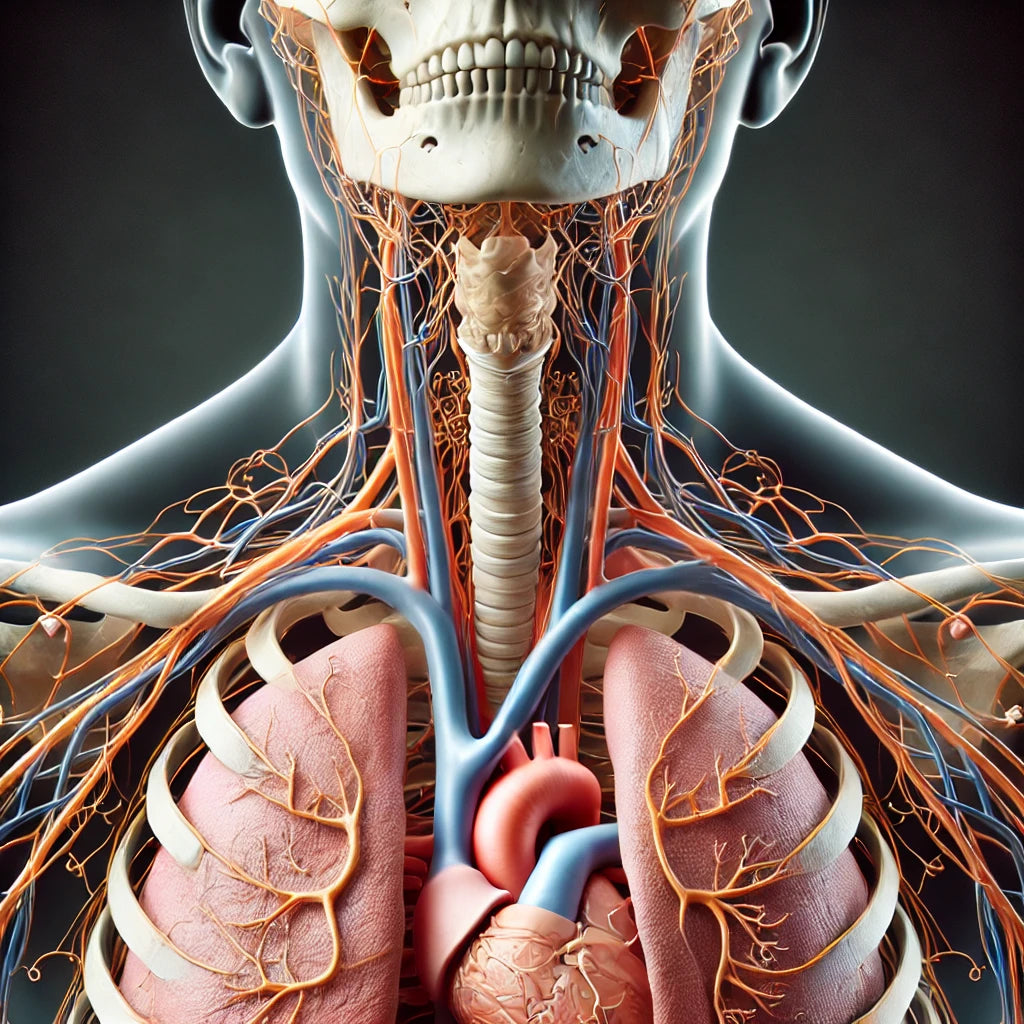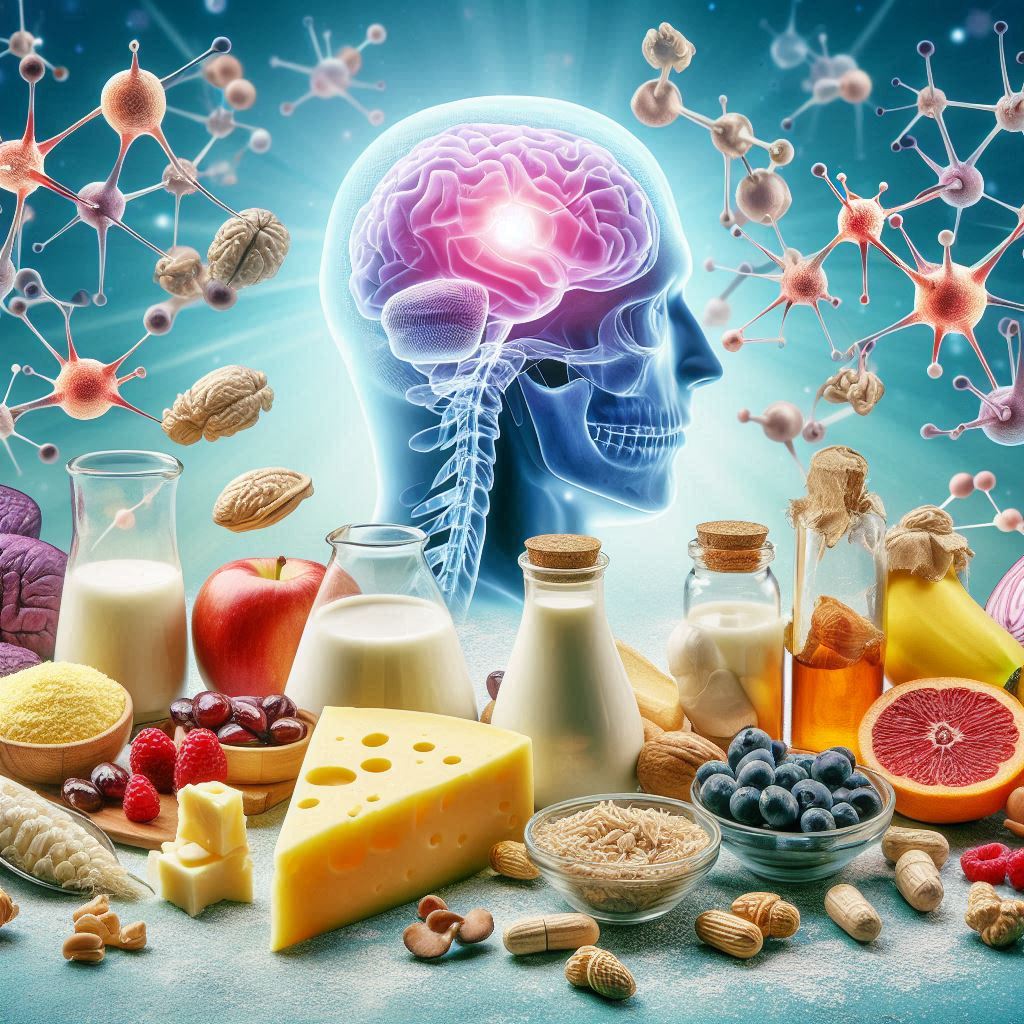News — gut-brain axis
What is the Vagus Nerve and Why is It Important? Discover Key Insights
chronic diseases deep breathing gut-brain axis heart health immune system inflammation mental health natural vagus nerve stimulation parasympathetic nervous system vagal tone vagus nerve vagus nerve and anxiety vagus nerve digestion vagus nerve function vagus nerve health vagus nerve importance vagus nerve role vagus nerve stimulation vagus nerve therapy VNS
The human body is an intricate system of interconnected organs, nerves, and tissues, all working together to maintain balance. Among the most critical components of this system is the vagus nerve, a long and wandering nerve that impacts multiple body functions. Often referred to as the "information superhighway" between the brain and the body, the vagus nerve plays a pivotal role in health, influencing everything from digestion to heart rate and even mental well-being.
But what exactly is the vagus nerve, and why is it so important? This article explores its anatomy, functions, and why keeping it in good health can benefit many areas of life, including physical and emotional well-being. Whether you're looking to understand how this nerve works or how to support it naturally, the vagus nerve's role in overall health cannot be understated.
The Science Behind Fermented Foods and Neurotransmitter Production
fermented food benefits fermented foods GABA gut microbiome gut-brain axis mental health neurotransmitter production probiotics serotonin
Fermentation, the process by which microorganisms like bacteria, yeast, and fungi break down food components such as sugars and starches, not only preserves food but also enhances its nutritional value. This process can lead to the creation of bioactive compounds, including neurotransmitter precursors and even the neurotransmitters themselves. In this article, we’ll delve into the science behind fermented foods and their impact on neurotransmitter production, exploring how they can contribute to better mental health.


